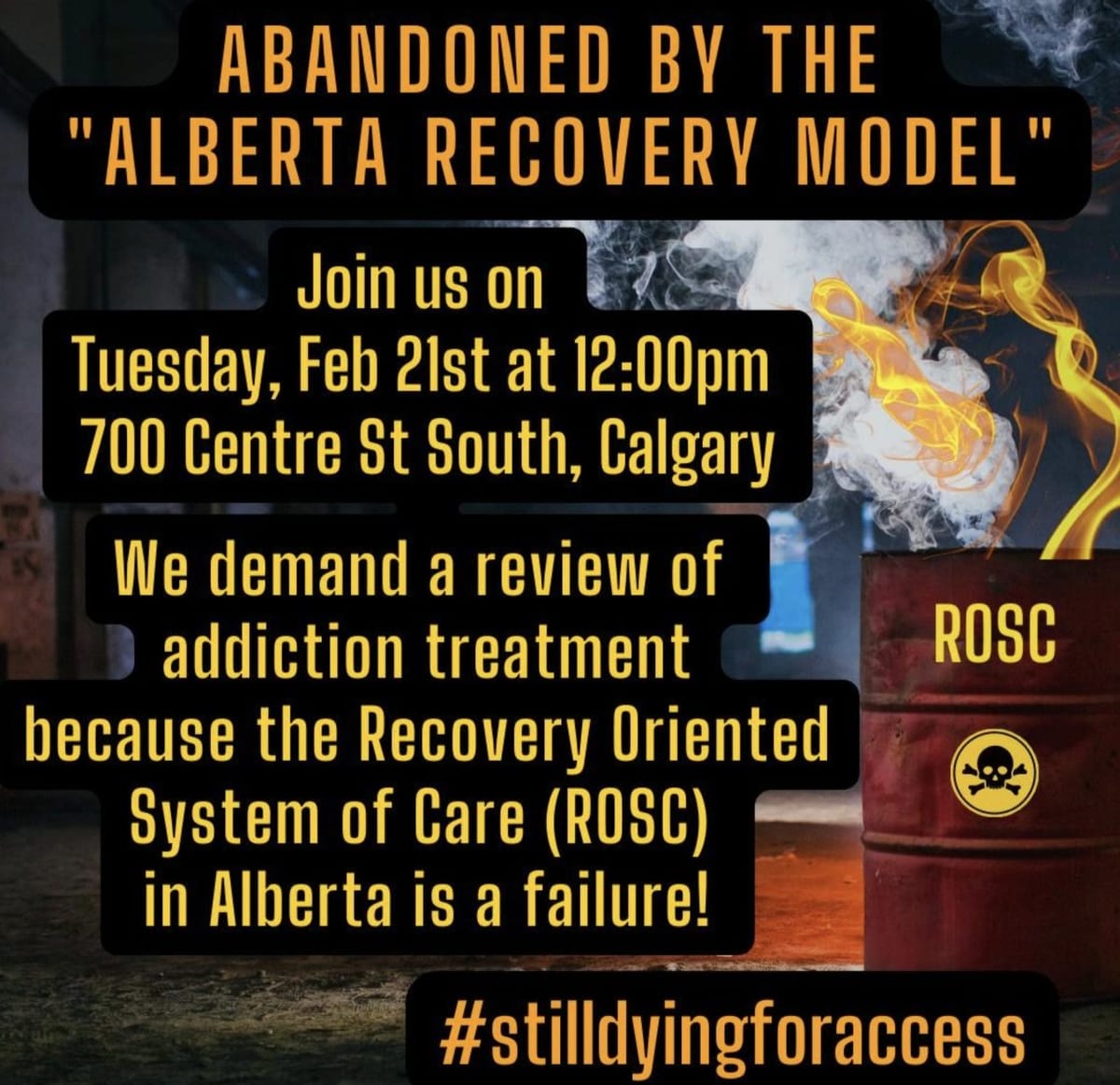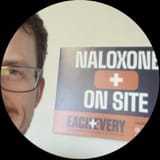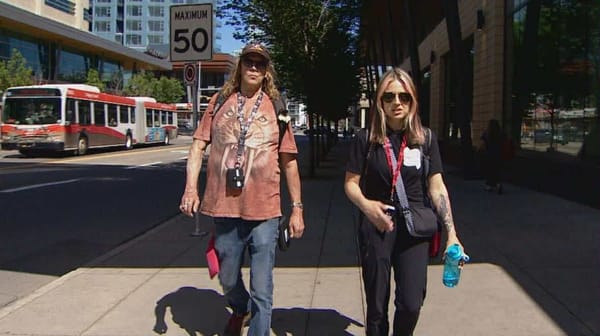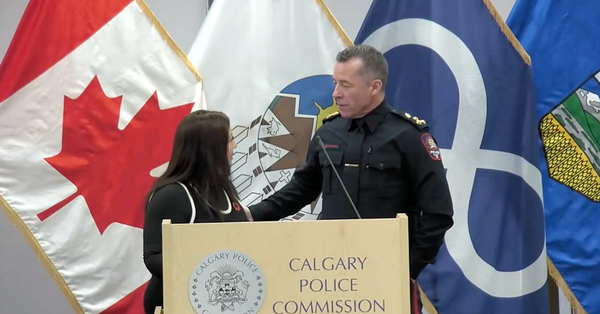Why are we protesting the Alberta Recovery Conference?
The status quo in drug policy relies on institutionalization of junk science that rejects harm reduction. This institution gathers in Calgary on February 21-22.

Note: This piece was adapted and reprinted by The Tyee. To see that version, head to their site!
We are protesting the Alberta Recovery Conference on February 21.
Addiction treatment is not a neutral field of medicine. In fact, it’s highly politicized: the conservative tendency to individualize systemic problems and the liberal tendency to accept people the way they are. Both sides can argue problems with the other.
But having known people who died after being coerced into treatment — and one person whose family was gaslit by the facility they attended immediately following their death — I admittedly hold biases informed by devastating outcomes.
I am not an addiction expert. However, I don’t believe many so-called addiction experts base their knowledge in strong evidence. A PhD in biology taught me to sniff out pseudoscience, and it is rife in abstinence-only treatment. This holds particularly true in Alberta, which has become an epicentre of drug policy misinformation led by the Premier’s chief of staff, Marshall Smith.
A few examples of pseudoscience we frequently see:
- survivorship bias, such as showcasing only people who survive treatment while looking past the many thousands of participants who die,
- distraction from material conditions that can give rise to substance use, such as abuse or houselessness, in favour of over-intellectualization of ‘recovery capital’,
- relentless removal of access to evidence-based practices including supervised consumption and prescribed regulated drugs,
- misplaced obsession with diversion of prescribed drugs into ‘the community’,
- increasing flirtation with forced treatment as a means to solve houselessness, while ignoring the extreme risk experienced by people forced into treatment,
- a general refusal to acknowledge that most people use drugs in one form or another: ‘abstinence’ is a tenuous idea infused with arbitrary moralism and racism.
It’s easy to lose sight of the fact that we have become ensnared in debates over pseudoscience while more than 30,000 people in Canada have died largely because the illegal drug supply remains unregulated.
It’s also easy to forget that there was no drug poisoning crisis before prohibition began 115 years ago (primarily owing to political desires for control of racialized communities). Drugs are neutral in all of this: some people benefit from them while others are harmed, but the most dangerous thing we can do to our friends and family who use is to drive their sale and consumption underground and into the shadows.
Meanwhile, less privileged people trying to access services like detox (medicalized withdrawal) encounter significant barriers. These can include requiring a certain period of ‘stability’ on methadone or other therapies, excluding people using these therapies altogether, or enormous waitlists. This excludes people with greater challenges while favouring those with resources.
It seems that despite the professions of easy treatment access, the privatized Alberta Model is built for those with money.
Why focus on the Alberta Recovery Conference?
The ideas promoted at these conferences are central to the violence of North America’s drug toxicity crisis. Attracting police chiefs, addiction treatment ‘experts’, and high-profile conservative politicians with vested interests in the status quo, these events reinforce the institutional legitimacy holding back meaningful policy change.
Organized by the Director of Community Development at Last Door Recovery Centre, which for 13 years contracted an alleged abuser of women enrolled in a neighbouring treatment facility, the Recovery Conferences draw considerable resources. Top sponsors include Alberta Health Services, the Alberta Government, Calgary Homeless Foundation and Canadian Addiction Counsellors Certification Federation.
These sponsors stand alongside both recovery centres at the centre of these abuse allegations: Last Door and Westminster House. To my knowledge, no sponsor or program participant has yet withdrawn participation. Given its $1,227,000 sole-source contract with Last Door, it would be shocking to see the Alberta Government or AHS withdraw support.

Meanwhile, connections are being uncovered between the key players of these conferences and far-right activists such as Aaron Gunn, the Pacific Prosperity Network and Take Back Alberta.
The abstinence-only movement always carried a whiff of far-right ideology, but now it’s an unmistakeable stench.
The abuse allegations and concerning allegiances encapsulate the desperate need for oversight within this utterly unregulated and privatized field of pseudo-healthcare. In June 2022, two dozen organizations highlighted 50 missing data points to evaluate Alberta’s abstinence-oriented framework to address drug poisoning.
With an election drawing near, it’s time for the Alberta Government to share this data.
Join us on February 21 in downtown Calgary, or tell your friends! RSVP here.
Edmonton: I’ll be there for an event you should join on February 16 at Metro Cinema. Following a film screening of Love in the Time Fentanyl, I’ll join other presenters where I’ll conduct a teardown of the so-called Alberta Model of addiction treatment. Tickets are almost gone - don’t wait! RSVP here.





